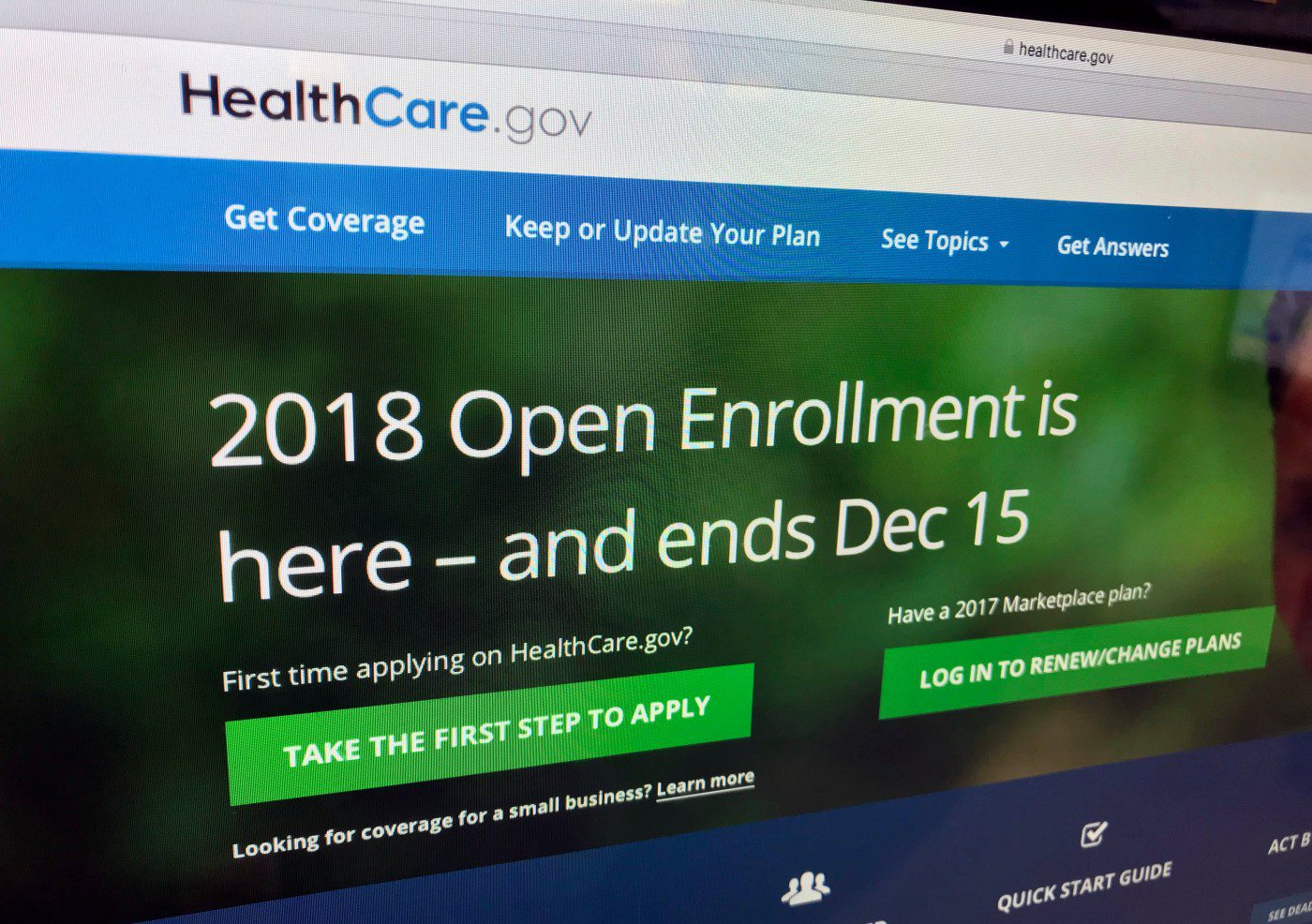Health insurance companies selling Colorado Option plans are required to collect information showing whether the doctors in their networks are representative of their customers, but so much data is missing that no one can answer whether they do.
The Colorado Option isn’t a true public option, but a standardized health insurance plan that doesn’t charge out-of-pocket costs for some routine care. The state requires insurers selling those plans to collect data about the providers they’ve contracted with, to train their customer service workers about bias and to take other steps meant to improve care for marginalized people.
Those steps include contracting with at least half of the providers who traditionally serve low-income and marginalized populations in their area, offering assistance to customers who have difficulty seeing or hearing, and providing their directories in multiple languages, said Vince Plymell, spokesman for the Colorado Division of Insurance.
About 7% of Colorado residents reported disrespectful treatment in a health care setting, for reasons including age, income, race, disability and culture, according to the 2023 Colorado Health Access Survey. In general, patients feel more respected and have better outcomes, such as receiving more preventive care, when they have the option of seeing a provider who shares their background.
The most recent network data in Colorado, from 2023, included information about providers’ race and ethnicity, sexual orientation, gender identity, sex and whether they had one or more disabilities. (Biological sex and gender identity align for most people, but not all.)
While the eight insurance companies selling Colorado Option plans submitted information about their networks’ demographics, in most cases, fewer than 10% of doctors and other providers answered the questions.
Even when it appeared most providers had answered a question, the data wasn’t always useful. For example, Denver Health Medical Plan reported 96% of its providers had given their race and ethnicity, but more than half of them chose the option that they didn’t wish to disclose that information.
The data was more complete for gender identity. Denver Health Medical Plan reported all of its 1,485 providers responded to that question, and only one said they preferred not to answer. Anthem also had a relatively high response rate, with 58% of providers giving a meaningful answer to that question.
Customers also weren’t eager to turn over their personal information. Fewer than 5% of people insured by any of the eight companies answered questions about their sexual orientation, gender identity, sex or disability status. The percentage answering was similar for race and gender identity, except at Denver Health Medical Plan, where all members responded to those questions.
Insurance companies have to ask the questions, but providers and customers don’t have to answer them, Plymell said. The division decided to make it optional after providers and consumer groups said the questions felt intrusive and raised concerns someone could misuse the information, he said.
“We want people to know that we heard their concerns and feedback, and we want to make sure that people feel safe in this process. We want to build trust and for people to see the value in providing this information,” he said in a statement.
Providers may need time and more information about why patients want to know their demographics before they feel comfortable revealing it, said Liz Hagan, director of policy solutions at United States of Care, a nonprofit focused on health care. Insurers could also make it less burdensome to fill out the information, or pull it from existing sources, she said.
“I think there’s a role for both providers and plans to do their part,” she said. “I think we need to understand that some of these changes take longer than others.”
Some other states have started collecting data on provider networks, but Colorado is the first to require insurance companies to use that information to make their networks representative of their customers, Hagan said.
The achievement is notable, even if the data isn’t complete, she said.
“I think this is a huge step in the right direction,” she said.
Sign up for our weekly newsletter to get health news sent straight to your inbox.
Originally Published:





